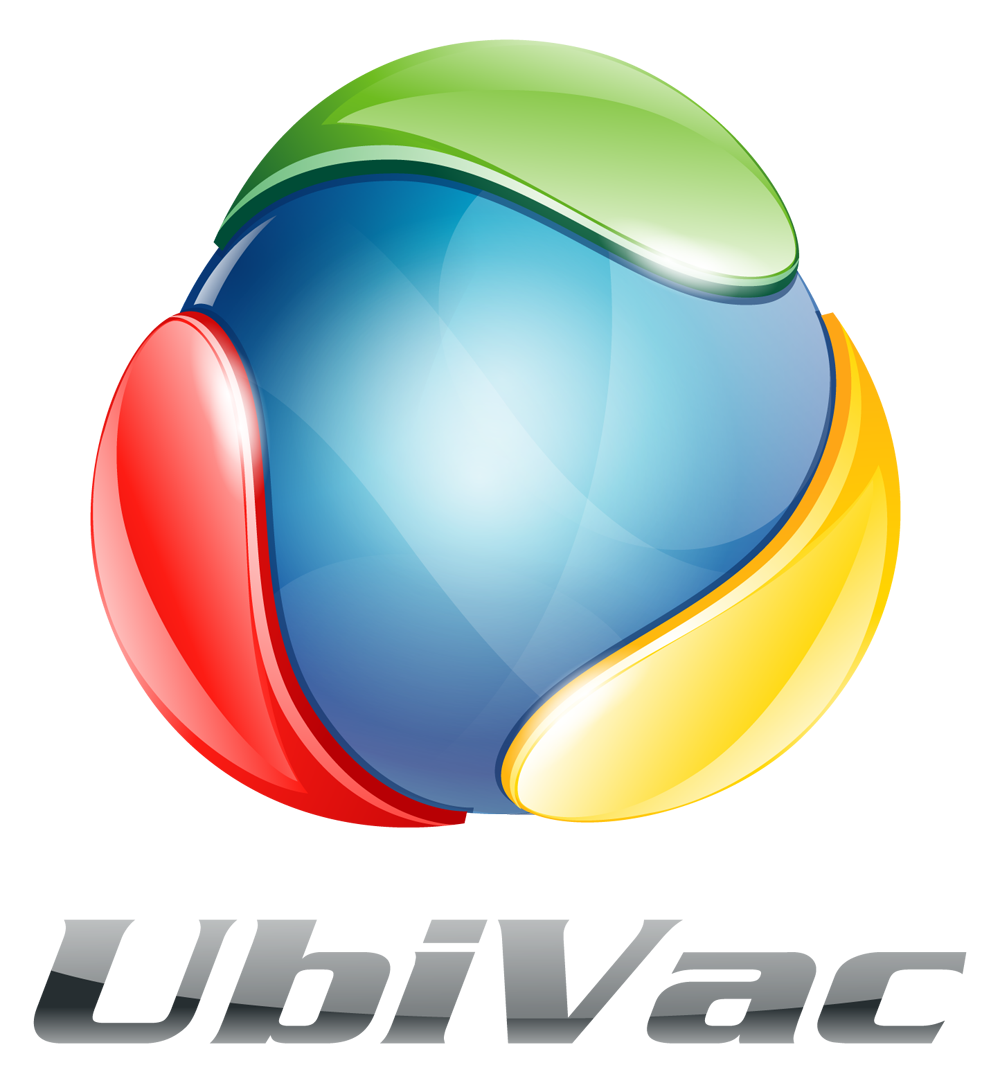UbiVac is a clinical stage immuno-oncology company that offers a pipeline of groundbreaking immunotherapies in preclinical and clinical trials.
Since 2005 the company has been engaged in the research, development and testing of therapeutic immunotherapy strategies to combat cancer and infectious diseases.
UbiVac’s lead product, DPV-001 (DRibble), is a first in class DC-targeted complex immune activator and vaccine/combination immunotherapy that is “off-the-shelf” and in a National Cancer Institute-supported Phase II clinical trial for the adjuvant treatment of non-small cell lung cancer (NSCLC). Results of this clinical trial document that DPV-001 induces and/or boosts the immune response in every patient who received the immunotherapy.
The Healthy Immune System
The body’s immune system is designed to preserve normal organisms in a state of health and attack foreign entities that it determines are abnormal. This is generally successful. However, with cancer cells, often these are not seen as abnormal. Therefore, these cells are not—in some cases—targeted for attack and destroyed by the immune system.
“Now many scientists believe that everyone develops cancer in his or her lifetime.”
In other cases, though, cancer cells are targeted and destroyed. Each person is different and immune systems differ in their reaction to cancer and other abnormal cells. Now many scientists believe that everyone develops cancer in his or her lifetime, but in some the cancer is recognized by the immune system and kept under control, while in others, the cancer is not recognized by the immune system and the cancer is able to spread or metastasize.
UbiVac’s pipeline of technologies and vaccines level the playing field by arming the immune system with the ability to recognize cancer cells. It is thought that many or most patients with cancer fail to recognize their cancer. Since immune recognition of cancer is critical for a patient’s response to checkpoint blockade and many other therapies, UbiVac’s patented technology that can induce or boost immunity against a broad spectrum of cancer targets, including the recently described non-mutated shared cancer neoantigens, is considered highly complementary to current and developing drug portfolios across the pharmaceutical and biotechnology industry. Since DPV-001 can induce or boost immunity against a large number of cancer targets, this makes it much harder for cancer cells to downregulate all of the targets so they can escape immune detection and elimination.
“UbiVac’s technology may be highly complementary to current and developing drug portfolios across the pharmaceutical industry.”
Immunotherapy can help target cancer cells in various ways. One way is by inducing B cells to make antibodies that can turn off tumor cell function, destroy the cancer itself, or prevent metastases. Recent reports strengthen B cell immune responses as an important effector mechanism that is activated by UbiVac’s DPV-001 (PMID: 35305314; PMID: 35231421). Another is by inducing T cells that can recognize and destroy cancer cells. A third way is by inducing innate elements of the immune system, including NK cells, to destroy cancer. UbiVac’s DRibble technology can enable all three of these mechanisms of immune-mediated destruction of cancer cells.
In collaboration with partners, UbiVac is excited to be initiating combination immunotherapy trials for advanced or metastatic head and neck cancer. Opened in late 2021, this trial is the first of its kind exploiting the costimulatory potential of anti-GITR. Based on strong preclinical data, UbiVac believe’s that this trial holds substantial promise for improved outcomes for patients with cancer.
Combining UbiVac’s DPV-001 with TIL
UbiVac’s founders have more than 30 years preclinical and clinical experience in Adoptive Cellular Immunotherapy with T and NK cells and are preparing to launch cell-based therapies. In addition to developing off-the-shelf cellular therapies, UbiVac believes that its immune activating and vaccine technology will be useful in providing boosters to patients receiving tumor-infiltrating lymphocytes (TIL). These boosters would provide stimulation in non-suppressed regions and might amplify and maintain the effector function of transferred TIL.
